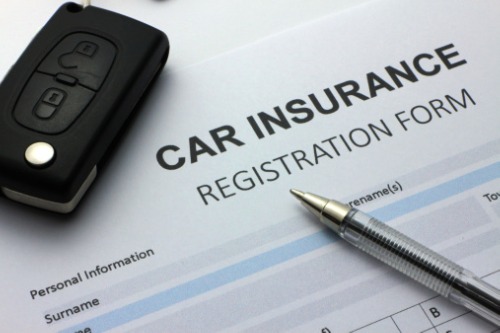

As restrictions ease and people get back on the road, drivers may be keen on searching for new insurance. But with many already reeling from the pandemic’s financial impact, some may go to desperate lengths to secure cheap policies.
The situation has prompted the Insurance Fraud Bureau (IFB) to remind car insurance holders to practice due diligence in looking for a new policy.
The fraud investigation group has warned drivers that they “run the risk” of falling victim to ghost broking schemes unless proper “checks are made.”
Stephen Dalton, IFB head of intelligence and investigations, explained that it’s “natural” for drivers to look for the best deals given the economic uncertainty.
“With many furloughed or out of work, people will naturally be looking for the cheapest car insurance deals to keep their car on the road,” he told Express.co.uk. “It’s certainly possible to get a good deal, but unless checks are made to know cover is provided by a genuine insurer, drivers run the risk of falling victim to a ghost broker.”
Devastating consequences
Ghost broking scams happen when fraudsters buy cover from legitimate insurers and use false information to bring down premiums. They then target vulnerable motorists by offering them cheap policies.
Scammers also use fake policy documents that look like they have been legitimately issued, and often advertise through various social media channels and online promotions.
Insurance companies will obviously not accept these fake policies when motorists try to make a claim, and this can lead to devastating consequences for those who need to pay for car repairs or are seeking compensation for injuries.
Drivers who hold a fake insurance policy are legally liable as well. Police can have their vehicles seized and issue them a fixed penalty notice of £300.
Holders of fraudulent policies could also be issued six points on their drivers’ licences, which could result in a ban for new drivers. They will also be required to purchase a new policy to return to the roads.
Tips to prevent scams
To avoid falling victim to a car insurance scam, the IFB reminds drivers to take extra precaution in checking whether the policy they are buying is authentic or not.
The group also recommends that drivers check with the British Insurance Brokers’ Association (BIBA) if the insurance broker they are working with is duly registered. Legitimate insurers should also appear as a registered member of the Motor Insurers’ Bureau (MIB).
